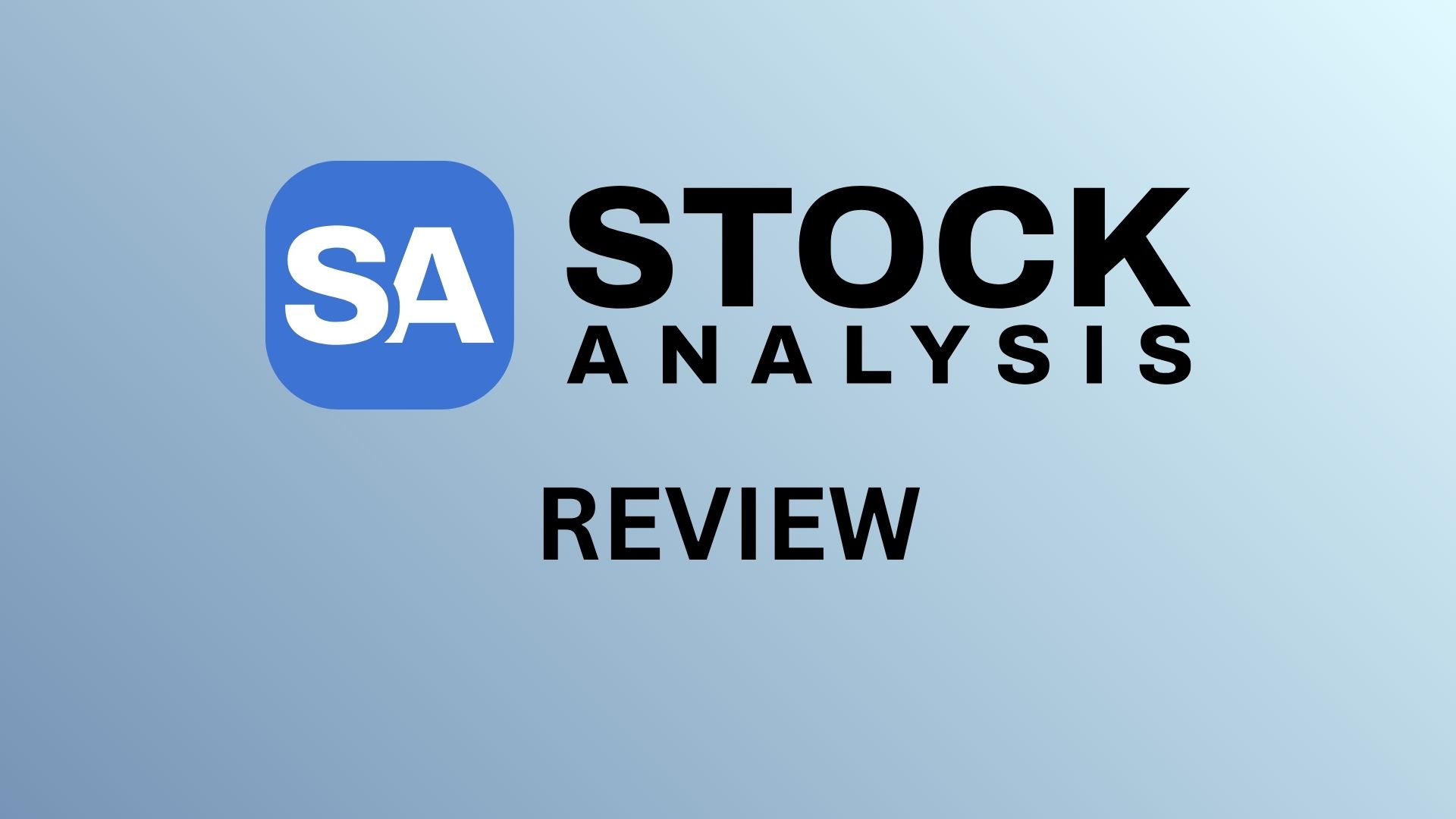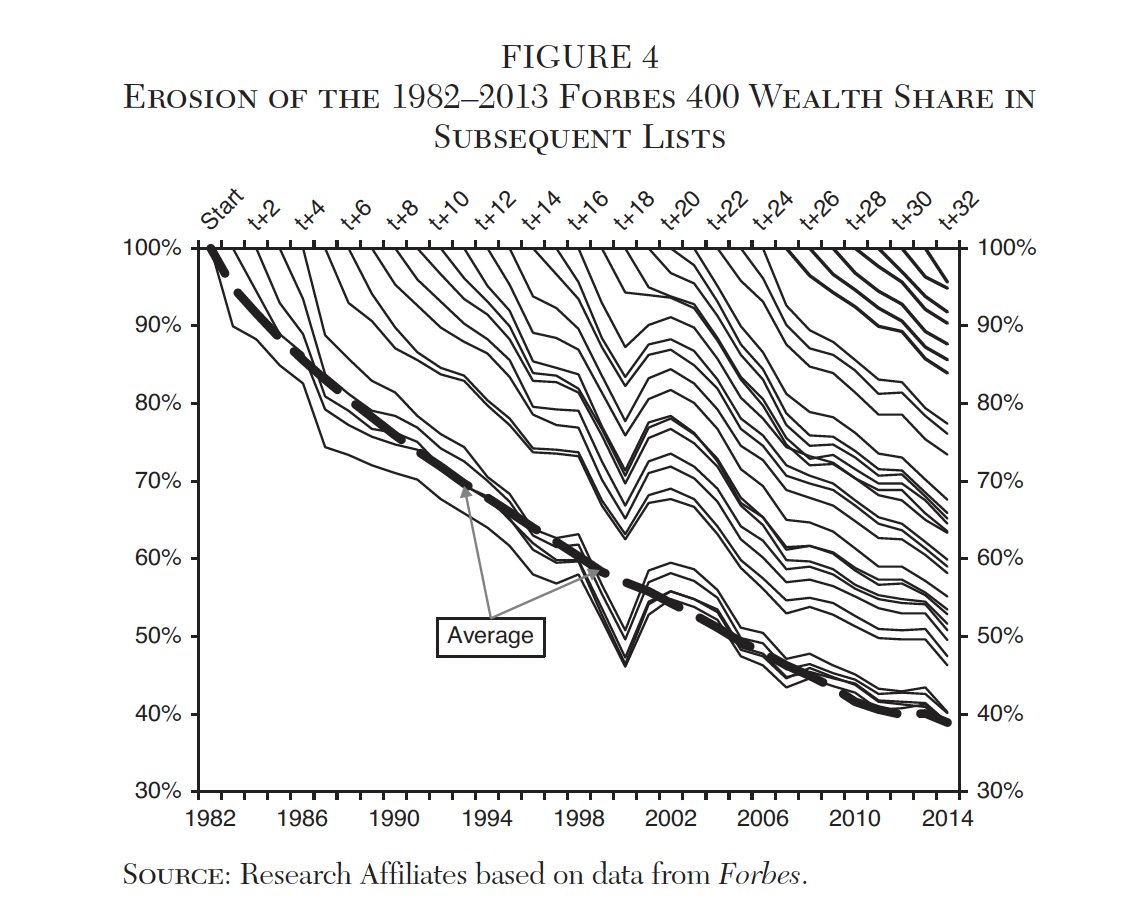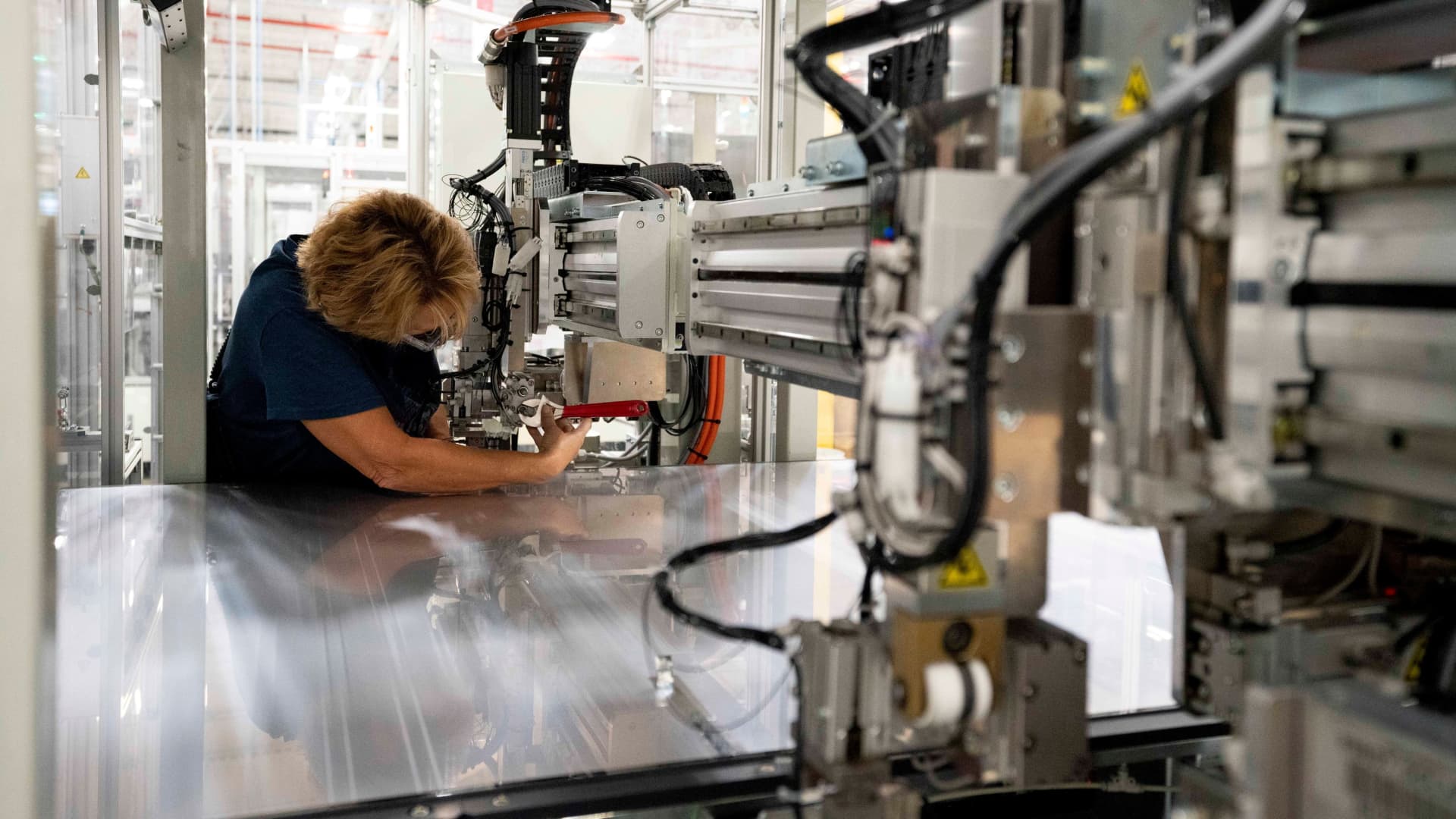Rogers Sugar Inc. (OTCPK:RSGUF) Q2 2023 Earnings Conference Call May 10, 2023 5:30 PM ET
Company Participants
Mike Walton – President & Chief Executive Officer
Jean-Sebastien Couillard – Vice President of Finance & Chief Financial Officer
Conference Call Participants
Endri Leno – National Bank
Nevan Yochim – BMO Capital Markets
Operator
Good afternoon, ladies and gentlemen, and welcome to the Rogers Sugar Second Quarter 2023 Results Conference Call. After the presentation, we will conduct a question-and-answer session, which will be open only to financial analysts. Instructions will be given at that time. Please note that, this call is being recorded today May 10, 2023 at 5:30 p.m. Eastern Time.
I would now like to turn the call to Mike Walton, President and CEO. Please go ahead Mr. Walton.
Mike Walton
Thank you, operator, and good evening everyone. Joining me for today’s call is Jean-Sebastien Couillard, VP Finance and CFO. During today’s call I will review the second quarter results of 2023 and trends in our industry.
Please be reminded that, today’s call may include forward-looking statements regarding our future operations and expectations. Such statements, involve known and unknown risks and uncertainties that may cause actual results to differ materially from those expressed or implied today. Please also note that, we may refer to some non-GAAP measures in our call. Please refer to the forward-looking disclaimers and non-GAAP measure definitions, included in our public filings with the Securities Commission for more information on these items.
A replay of this call will be available later today. The replay numbers and passcodes have been provided in our press release and an archived recording of this call will also be available on our website.
Now, turning to our second quarter results. The strong industrial demand in the domestic market that has been evident for the past five quarters continued during the second quarter of fiscal 2023. Improved pricing in our Sugar segment drove a modest improvement in financial performance from the same period last year. The continued strength in our Sugar segment demonstrates how well-positioned Rogers Sugar is to take advantage of Canada’s favorable sugar dynamics, and growing industrial and food manufacturing demand.
This is also key to why we are considering expanding our sugar refining and distribution capacity. While Canada might seem like a small market in the global picture, it’s important to note that approximately 50% of our industrial sugar sales go into sugar-containing products that are sold in the United States, a market 10 times the size of ours with consistently strong demand.
In the second quarter, our Maple business saw a slight decline in financial performance due to high inflation and slightly lower volumes despite higher average selling prices. We expect the challenging market conditions in our Maple segment to remain through the second half for the fiscal year. We plan to mitigate the unfavorable market dynamics with recently negotiated price increases and productivity improvements from recent automation investments.
Now, turning more specifically to our Sugar segment results. In Sugar, volumes reached more than 195,000 metric tonnes in sales which is largely in line with the same quarter last year. In the first six months of the year sales totaled more than 388,000 metric tonnes, an increase for the first half of 2023 of 3.1% for the same period last year.
During the quarter, higher industrial and liquid volumes largely offset declines in consumer and export volumes. Our industrial segment increased by more than 5,000 metric tonnes compared to the same quarter last year almost directly offsetting the planned decline in export volumes.
Increased industrial volumes were driven by continued strong demand for sugar-containing products in the domestic market and the United States. Our consumer business lowered by 1,400 metric tonnes from the same quarter last year, with quarterly sales now in line with pre-pandemic level.
Adjusted gross margin increased from the same period last year due to improved average pricing for refined sugar products driven by continued strong demand. The benefit of higher selling prices was partially offset by inflationary pressures on operating costs and higher storage costs for raw sugar.
During the quarter, we added raw sugar storage capacity at our Montreal plant to support the growing demand for refined sugar in Eastern Canada and reduced supply chain risks.
Turning now to our Taber beet crop. As I mentioned previously, we finished the processing campaign with lower sugar production than last year due to unfavorable weather conditions in the latter stage of the growing period which has reduced the expected sugar content from the beets. We ended the production season with 105,000 metric tonnes, 15,000 metric tonnes lower than last year’s crop.
Despite the lower volumes from unfavorable weather work done previously to improve our processing continues to pay dividends. Despite slightly lower volumes in the second quarter we are maintaining our full year sales guidance, which reflects our flexible operating structure commitment to our customers and the continued strong demand of the domestic market.
Additionally to mitigate the production shortfall of our Taber facility, we have increased production at our Montreal and Vancouver facilities and continue to prioritize domestic sale. In the second quarter, we concluded negotiations for a new two-year agreement with the Alberta sugar beet growers for the supply of sugar beets to the Taber beet plan that will start with our 2023 crop.
In terms of our prospective capacity expansion we are in the final phase of design and planning. The detailed engineering study is expected to be completed during the third quarter and we look forward to providing an update this summer.
As you’d expect, we are monitoring how industry capacity will evolve over the coming years as planned expansions and facilities come online, and we’re very comfortable with our competitive positioning.
Now turning to the Maple segment. In Maple, adjusted EBITDA lowered in the second quarter, largely due to lower sales volume from existing customers and unfavorable market dynamics. Our Maple business segment has been impacted by high inflation resulting in softer demand over the last year.
We anticipate a recovery over the longer term as inflation levels returned to normal, resulting in higher retail demand. We expect to partially mitigate the difficult business conditions in the second half of the year as new pricing with key customers is taking effect and automation projects for bottling operations are implemented in our Quebec plant.
Adjusted gross margin was lower than the comparable period as the Maple segment continues to be negatively impacted by lower volume, inflationary pressures, partially offset by improved average selling prices.
Now I’d like to briefly provide an update to the Maple pricing and the 2023 Maple crop. As I mentioned last quarter, PPAQ set a price increase for the 2023 crop, which came into effect on March 1st and to-date we have been able to successfully recover these higher commodity prices. This year’s maple syrup crop was a lower than average crop due to unfavorable weather conditions.
Additionally, as I mentioned the automation projects at two of our bottling plants both came online during the second quarter with immediate impact. The projects are focused on streamlining bottling operations and we are encouraged by the noticeable impact they are already having on reducing variable costs. We will continue to monitor our operations and pursue additional automation projects where we see opportunities for further improvement.
Finally before handing the call over to JS, I just want to say thank you to our employees whose dedication and efforts have led to another great quarter and strong first half of the year. Thank you for your commitment to delivering essential ingredients to our customers. Over to you JS.
Jean-Sebastien Couillard
Thank you, Mike, and good evening everyone. In the second quarter of 2023, our consolidated adjusted EBITDA was $25 million, up $1 million from the same quarter last year as our Sugar segment continued to drive improved performance for 2023. The favorable impact of the strength of our Sugar segment was partially offset by softer results in our Maple segment in the second quarter. We expect Sugar demand and pricing to remain strong for the remainder of fiscal 2023. We anticipate this will drive improved results despite ongoing inflationary pressures and lower than expected production out of our Taber Sugar beet facility.
For Maple, we anticipate the challenging market dynamics to continue in the second half of 2023. We expect to mitigate the unfavorable business environment with recently negotiated price increases and with the benefits of newly implemented production automation initiatives at our plants.
I will now focus the next portion of my remarks on the Sugar segment. Adjusted EBITDA in the Sugar segment was $22.6 million in the second quarter, up 6% in the same quarter last year. As Mike mentioned volumes were largely in line with the second quarter of last year. We continue to prioritize our sales effort on serving the domestic market to meet the incremental demand seen from our industrial customer.
We have done so by improving the throughput of our cane sugar facilities and by limiting our export volume. Our improvement in adjusted EBITDA in the quarter was driven by increased pricing for refining activity. The favorable impact of increased pricing was partially offset by higher production costs and higher administration and selling costs.
Demand in the domestic sugar market remains strong in particular from our industrial customers and on average the pricing increases have more than offset the market-based inflationary pressures on costs. Adjusted gross margin increased in the quarter by $2.9 million or 9% from the same quarter last year. On a per-unit basis, adjusted gross margin increased by approximately $16 to $175 per metric tonne.
Distribution costs were stable in the quarter, while administration and selling expenditures increased by $1.7 million from the prior year quarter mainly due to higher accrual for share-based compensation expenditures, reflecting the recent increase in our share price. Our outlook for the Sugar segment remains positive as we move through fiscal 2023, underlying North American demand remain strong across all our customer segments and we expect our increased sugar pricing to continue to support our financial results and largely mitigate the ongoing inflationary pressure.
Our 2023 sales volumes expectations remains at 805,000 metric tonnes despite the lower than expected beet sugar volumes produced this year. Our outlook considers increased throughput from our Vancouver and Montreal facilities as compared to prior years. Overall, our annual expectation represents an increase of 10,000 metric tonnes over our fiscal 2022 volume. In fiscal 2023, our consumer volumes are expected to remain stable while liquid volumes are expected to increase by 4% as we anticipate customer demand to remain strong. Our largest segment industrial is expected to increase by 3% as demand for sugar containing product remain high.
Finally as expected export volume should decrease by approximately 15% as we continue to focus our sales efforts on meeting the growing domestic demand and capturing the strong economics available in the Canadian market.
I will now continue my remarks with some comments on our Maple segment. Our Maple segment continued to be negatively impacted by inflationary pressures and unfavorable market dynamics in the second quarter. As a result, adjusted EBITDA was lower than last year by $0.2 million at $2.4 million. This reflects the unfavorable impact of lower volume and higher costs which were not offset by the benefit of recent pricing increase. For the Maple business segment, we believe that higher sales volume remains the key to higher profitability in the future.
Gross margin in the second quarter increased slightly over the first quarter as the volume was slightly higher. While this indication is encouraging, the market remains highly competitive with global demand being impacted by high inflation. We continue to carefully manage our operations to remain competitive in the market.
Inflationary pressures continue to affect our operating costs in the quarter particularly as it relates to packaging, energy, and labor. As a result, adjusted gross margin were 7.2% in the quarter, down from 8% during the same quarter last year.
Moving forward, for the second half of 2023, we anticipate our Maple segment to continue to be negatively impacted by softer retail demand caused by lingering high inflation and challenging market dynamics.
Pricing increases will continue as contracts come up for renegotiation and our automation projects are expected to drive improved efficiency and lower production costs for the remainder of 2023.
Before closing, I would like to highlight a few other related financial items. Our adjusted net earnings for the second quarter were $9.1 million or $0.09 per share unchanged from the comparable period last year.
Free cash flow for the last 12 months was $51.8 million, an increase of $5.2 million compared to the same period last year. The increase was mainly due to higher adjusted EBITDA excluding the non-cash impact.
Our capital expenditures for fiscal 2023 are expected to be similar to last year with spending mainly related to earning of our current facilities and development of improved business processes to increase efficiency.
For 2023, we expect our capital expenditures to be approximately $25 million on various capital projects in sugar and $1 million to $2 million in Maple. This estimate does not include our Montreal capacity expansion project.
As Mike mentioned, this exciting growth opportunity is progressing well and we expect to provide further updates over the summer.
Today, we are also announcing that the Board of Directors approved a payment of a $0.09 per share dividend in relation with the results of the second quarter and consistent with the dividend paid in previous quarters over the last several years.
Overall, the second quarter of 2023 has continued with the same trend we saw in the first quarter and the second half of 2022. The Maple segment continues to be impacted by inflationary pressures and challenging market dynamics.
However, increased pricing and improved efficiency should help mitigate the difficult market conditions we have been facing over the last year. That being said, the ongoing strength in our sugar business which represents over 90% of our first six months adjusted EBITDA is continuing to drive a strong and stable financial performance.
A firm need for sugar containing products across North America is providing strong demand for our sugar products and providing us with resilience to manage the current inflationary pressure.
With that, I would like to turn the call back over to the operator for questions.
Question-and-Answer Session
Operator
Thank you. Ladies and gentlemen we will now begin the question-and-answer session. [Operator Instructions] Your first question comes from Michael Van Aelst from TD Securities. Please go ahead.
Unidentified Analyst
Hey guys it’s Evan in for Mike.
Mike Walton
Hi Evan.
Unidentified Analyst
How are you? First question I guess on the Maple. I was wondering your gross margin or your gross margin rate as a percentage of sales came in below what you had reported in the first quarter. I was wondering if you could talk a little bit about the gross margin pressure that you’re seeing quarter-over-quarter like why did it declined more in Q2 versus Q1?
Jean-Sebastien Couillard
I think the trend in the market is very competitive. We have seen some of our cost especially on the fixed cost side not being amortized as much as we would like them to be. Volume is a bit of a key here. So, if you look our volume has not been as high as it’s been in the past and that’s impacting the overall recovery of those fixed costs.
So, the Maple market remains challenging. We are able to put through price increases. However, it’s still lagging with some of the inflationary pressures that we have been recently facing.
Unidentified Analyst
Okay. And in terms of price increases, what’s the timing for those are they all-in now or is there more coming as the months progress?
Mike Walton
Evan the price increase has come up as contracts are renewed and as they come up through the cycles of renegotiation. A lot of them are sequence with the pre-pack price increase which was March 1st. So, we’ll see those in forward quarters as the new contracts come online.
Unidentified Analyst
Okay, great. And in terms of I guess, efficiencies from the automation those are expected to come starting in Q3?
Mike Walton
Yes. Our automation projects have been a really bright spot in the Maple business, and where the team delivered these projects on time, on budget and we’re seeing the benefits of these already in the current quarter.
Unidentified Analyst
Okay. Great. Turning to sugar, I guess so your gross margin rate was quite strong. Is all the pricing now in this quarter or is there still more pricing to come, in future quarters and if so how much and will those price increases, just simply offset further rising costs or will they boost margins further?
Mike Walton
Evan the sugar contracts, come up for renewal regularly throughout the year. We’re in that cycle now and so we’ll continue to secure price increases to offset, any inflationary costs in the market as we negotiate those new contract renewals.
Unidentified Analyst
And I guess, last question. For the admin and selling expenses in sugar, can you quantify how much stock-based comp was included in this quarter? If I’m not mistaken, last year you had about $1.3 million of stock-based comp expense, and there was an amount as well related to the departure of the previous yield. So, can you quantify, how much stock-based comp was in this quarter?
Jean-Sebastien Couillard
I think, it’s about the same. We’re in the same ballpark than last quarter. And last year, we had the departure this year you are correct. This year the stock price has rallied and as we’re looking at stock-based compensation there’s a cycle that ends at the end of this year and makes it fairly sensitive to stock price because it’s directly related to the stock price and the closer, we get to the date valuation then the month to current model that value though get puts more weight towards the recent stock price.
Unidentified Analyst
Okay. So, then in terms of your guidance for admin and selling to be stable in fiscal 2023 is that stable excluding stock-based comp or is that an all-in stable all-in number?
Mike Walton
It is stable considering — excluding stock-based comp, and if stock price move then there will be a direct impact on selling them.
Unidentified Analyst
Okay. That’s it for. Thanks
Operator
Thank you. Your next question comes from Endri Leno from National Bank. Please go ahead.
Q – Endri Leno
Yes. Good evening. Thanks for taking my questions. I’ll start with sugar. I just wanted to make sure clarify, I mean I know you guys hedged almost everything, if not everything, but I just wanted to check for the number 11prices are you fully hedged or is there any exposure that could show up in the results that the price has gone up?
Mike Walton
Yes. So our position is to mitigate risk. So we, don’t really take speculative positions on Raw 11. And so we are properly hedged for them.
Q – Endri Leno
Okay. That’s good to hear. Thank you. The other question I have is a bit, about competition especially in sugar. And Mike ,you made a bit of a reference that you have no problem so to speak. But I was just wondering, if you can expand a little bit commentary and some news we’ve seen out there on the talk of significant capacity coming online, is just kind of can you talk to that on how should it come online if how could you respond to that?
Mike Walton
Endri. Thanks. It’s a great question. As you can imagine, we monitor supply and demand carefully at Canada, pre-occupation as we meet our commitments to our domestic customers on the contracts they have in place. As I’ve said in the past, I’ve been around a little while as you know in the sugar business, I’m getting to be one of the old guys, but the Canada has always been a competitive market and we’re not new to this and Rogers, has been in business for over 135 years and we’re pretty proud of the track record, we have in serving the market and understanding the market and we’re addressing the as you know, what we see is continued strong demand in the domestic market by looking at our own expansion options in Eastern Canada. So we’ll remain focused on that. And in summary, in my view, it’s a great time to be in sugar business in Canada.
Q – Endri Leno
Okay. Fair enough. Good to hear that. Thank you. And another question I have, it’s more on Sugar but you mentioned shifting some volumes to Vancouver and Montreal because of the beet shortfall. Can you talk a bit about the capacity in those facilities? Can you accommodate the extra volumes there?
Mike Walton
Yes Endri. Yes, we’re running the plants hard in Vancouver and Montreal both, and both plants are responding very well. We’re very pleased with the performance. We’re getting out of both sites and in fact, pleased with the — despite the lower volume in Taber, pleased with the effort and the outcome of processing of the campaign and are confident will continue to meet the contracted Sugar commitments that we have in the market. We flex, that’s a beauty of having the multi-sites manufacturing platform, we flex our strength and go to the needs as required in the market from time-to-time.
Endri Leno
Okay. Great. Thank you. And the last one from me in Maple, and I’ll jump in the queue. But have you seen any significant new competition in Maple or is just the same players as before?
Mike Walton
Yeah, I have not seen any new competition in the Maple business at all, Endri.
Endri Leno
Okay. Thanks very much, guys.
Mike Walton
Thanks for your question.
Operator
Thank you. [Operator Instructions] Your next question comes from Nevan Yochim from BMO Capital Markets. Please go ahead.
Nevan Yochim
Thanks, and good evening, guys.
Mike Walton
Hi.
Nevan Yochim
I was hoping we could chat on the Sugar segment. Just wondering if you’re able to quantify the volumes that you’re currently transferring from West to East, and then the incremental cost associated with those transfers?
Jean-Sebastien Couillard
We don’t really quantify these numbers, because it can be linked to some of our customers. I think from a cost perspective, I think we’ve been doing the transfers for the last few years, and the main reason is we had some weather issues in Taber, so we had some again this year. But if you recall, we had some issues two years ago. And so, the demand being such, we’ve been moving. So we’re expecting our distribution costs to be somewhere align or maybe slightly higher this year than they were in previous years to compensate for the shortfall in Taber created by the weather and also the strong demand in Eastern Canada.
Nevan Yochim
Okay, great. And then maybe just on Sugar as well when we think about margins for the back half of the year, it looks like comps sort of get a bit tougher in the fourth quarter. Is there anything you can comment on sort of year-over-year increases in margins Q3 relative to Q4?
Jean-Sebastien Couillard
Well, I think if you look at our margin in the past on the Sugar side, it’s cyclical and so not all the quarters are the same. And so we’re expecting to see the same type of cycle and it’s really based on the product mix or customer mix that it goes throughout the year. So we would anticipate that our margin for the second half of the year will be aligned with what we’ve seen in the past.
Nevan Yochim
Okay. That’s helpful. And then I guess just the last one from me was on the expansion project. Just wondering, if you can provide an update there on your review of financing options?
Jean-Sebastien Couillard
Yes. We’re looking at all different options, as we are completing the detailed engineering. Our goal here is not to overly stretch our balance sheet and to make sure we bring options to the table that will be a good compromise between that and between the needs of our shareholder, our current shareholders. So we will come back with a detailed plan as we do a formal announcement or formal review of our project probably in the summer.
Nevan Yochim
Okay, great. That’s it for me. Thanks guys.
Mike Walton
Thanks for your question.
Operator
Mr. Walton, there are no further questions at this time. You may proceed.
A – Mike Walton
Hey, thank you, operator, and thank you everybody for participating, and we’ll speak to you on the next quarter. Thank you.
Operator
Ladies and gentlemen, this concludes your conference call for today. We thank you for participating and ask that you please disconnect your lines.















